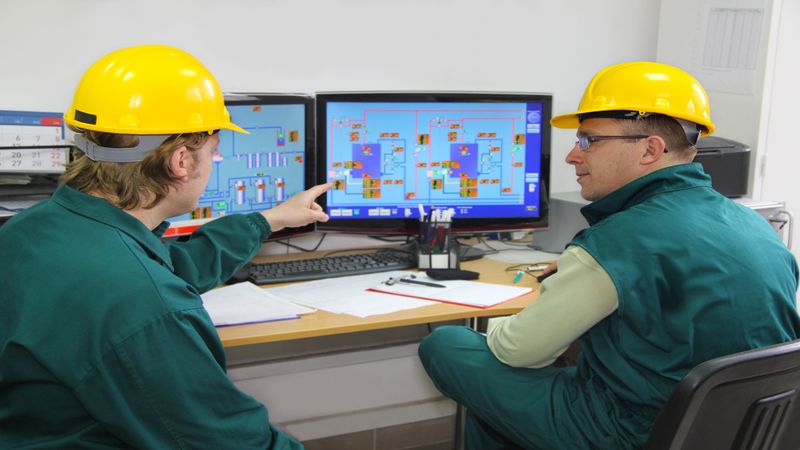Bolts, as a construction material overall, do not bend. In fact, it takes a lot to make bolts bend. Yet engineers are always asking third parties to bend bolts and provide a bolt bending stress analysis report. It may seem strange, but there are good reasons for it.
Mechanical Design Relies on Strength
Designing any structure or any machine, engineers want to know that every little thing in the project will hold up under pressure. It doesn’t do much good to create a building that withstands a violent earthquake only to crumble when the bolts shear off in the process! When a third party conducts a bolt bending stress analysis, the engineers working on a project can focus on the structural design, the mechanical design, and the aesthetics of the project.
Bolts of Different Metals Have Different Properties
An engineer might want to create something that is really lightweight and easy to transport. For that, he or she might choose aluminum parts, including bolts that are a certain percentage of aluminum. However, these bolts have to withstand the vibrations the machine produces or hold components in place without the bolts coming loose. To discover if the bolts are the right fasteners for the job, the engineer needs a third-party analysis.
In the event that the aluminum bolts are wrong for the project, the engineer can go back to the drawing board and figure out what else will work. Another bolt bending analysis report is requested and the test results will be followed.








